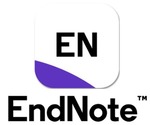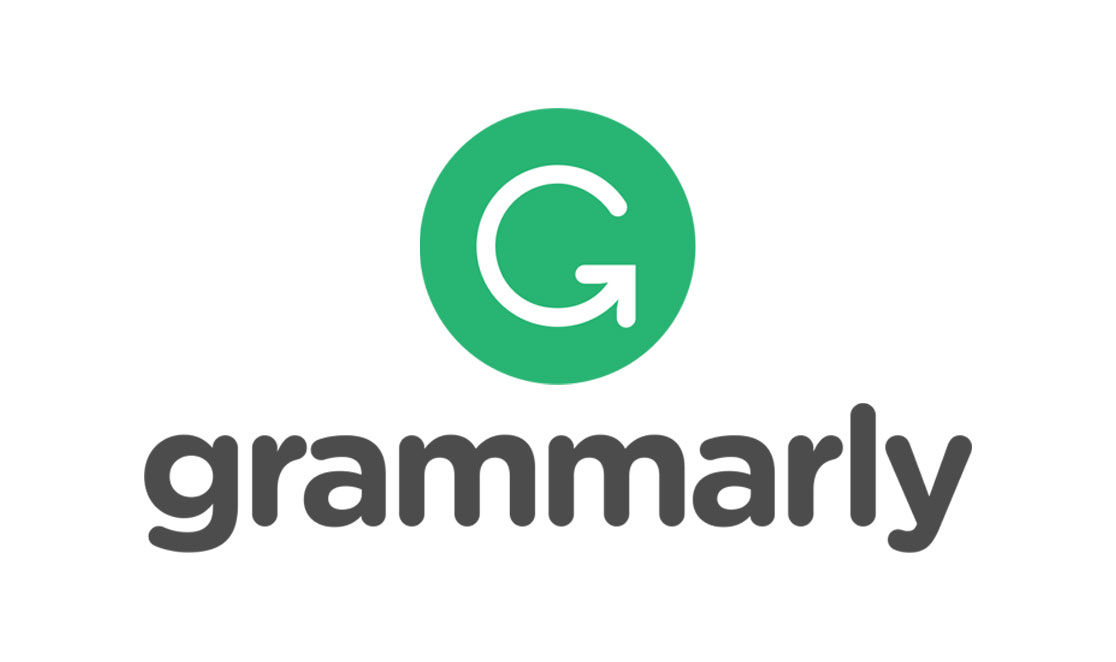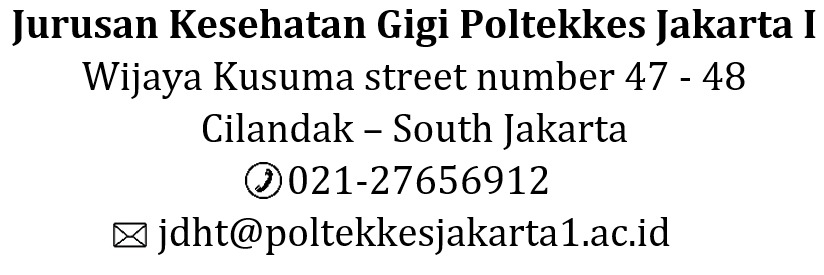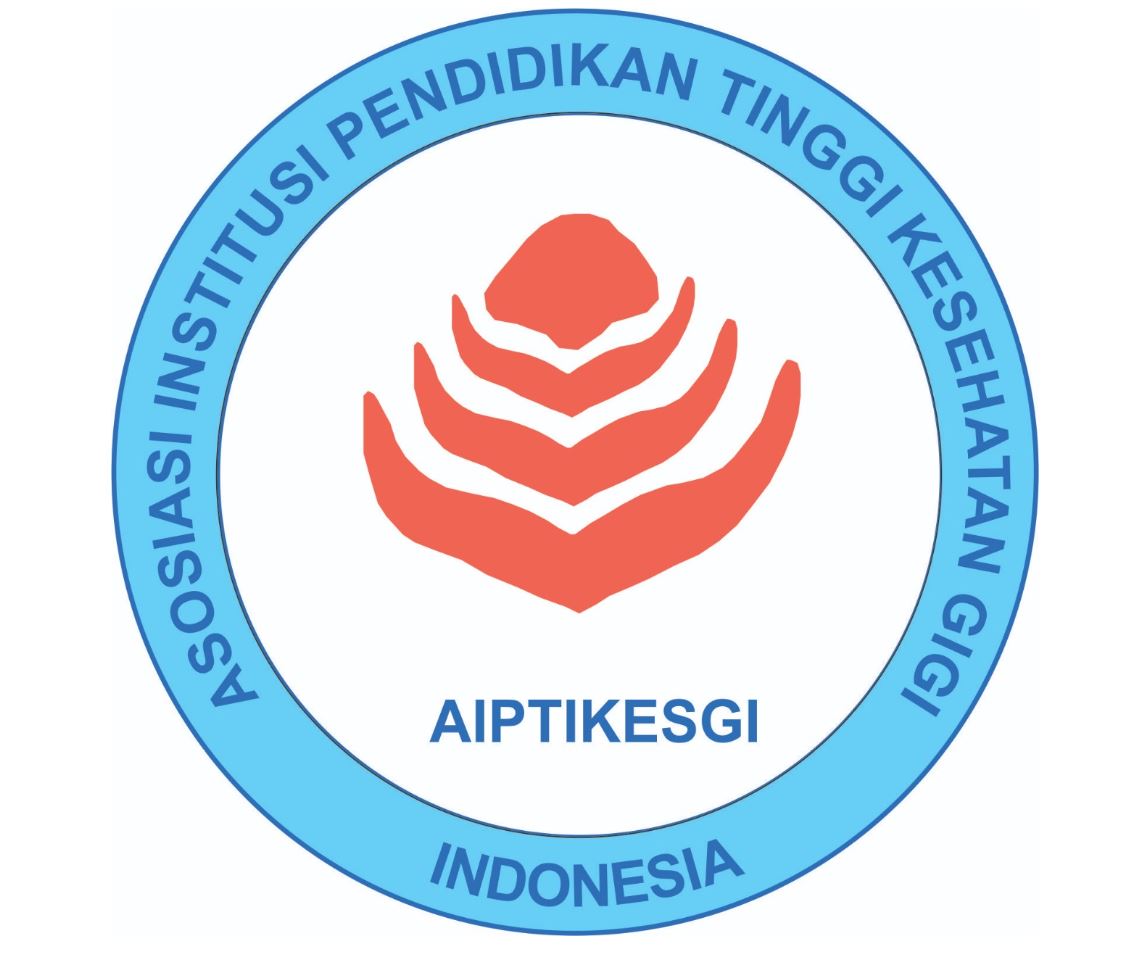DRILL AND REWARD ON TEETHBRUSHING SKILLS AND INTEREST IN MIDDLE THOUGHTS CHILDREN
Keywords:
Mild Tungrahita children, drill and reward methods, teeth brushing skills, interestAbstract
Background: Oral health is a crucial aspect of overall health. The prevalence of oral health issues in Indonesia is 57.6%, with 41.3% in DKI Jakarta. Dental problems are influenced by acidic pH in the oral cavity, leading to tooth decay and cavity formation. The prevalence of dental caries and gum inflammation is higher in children aged 5-9 years and 9-14 years. Children with special needs, including those with intellectual disabilities, are vulnerable to oral health problems, emphasizing the need for special attention in education and healthcare. The drill method, a repetitive training approach, is one option for teaching oral hygiene to children with intellectual disabilities and motivating them to practice independently. Both the drill and reward methods can enhance toothbrushing skills and interest, thus preventing oral health issues. Objective: This study aims to determine the influence of the drill and reward methods on toothbrushing skills and interest in mild intellectual disability children aged 5-14 years. Method: This research employs a quasi-experimental design with a one-group pre-test and post-test. Results: Statistical analysis using paired sample t-tests showed a significant influence of the drill method on toothbrushing skills (p < 0.05). Similarly, the reward method significantly affected toothbrushing interest (p < 0.05). Conclusion: Both the drill and reward methods influence toothbrushing skills and interest in mild intellectual disability children aged 5-14 years.Downloads
Download data is not yet available.
Published
2024-04-16
How to Cite
Daniati, N., Manalu , S. F. ., & Sopianah, Y. . (2024). DRILL AND REWARD ON TEETHBRUSHING SKILLS AND INTEREST IN MIDDLE THOUGHTS CHILDREN. JDHT Journal of Dental Hygiene and Therapy, 5(1), 54–59. https://doi.org/10.36082/jdht.v5i1.1549
Issue
Section
Articles
Copyright & Licensing
Copyright (c) 2024 Nia Daniati, Simson Faisal Manalu , Yayah Sopianah

This work is licensed under a Creative Commons Attribution-ShareAlike 4.0 International License.
















